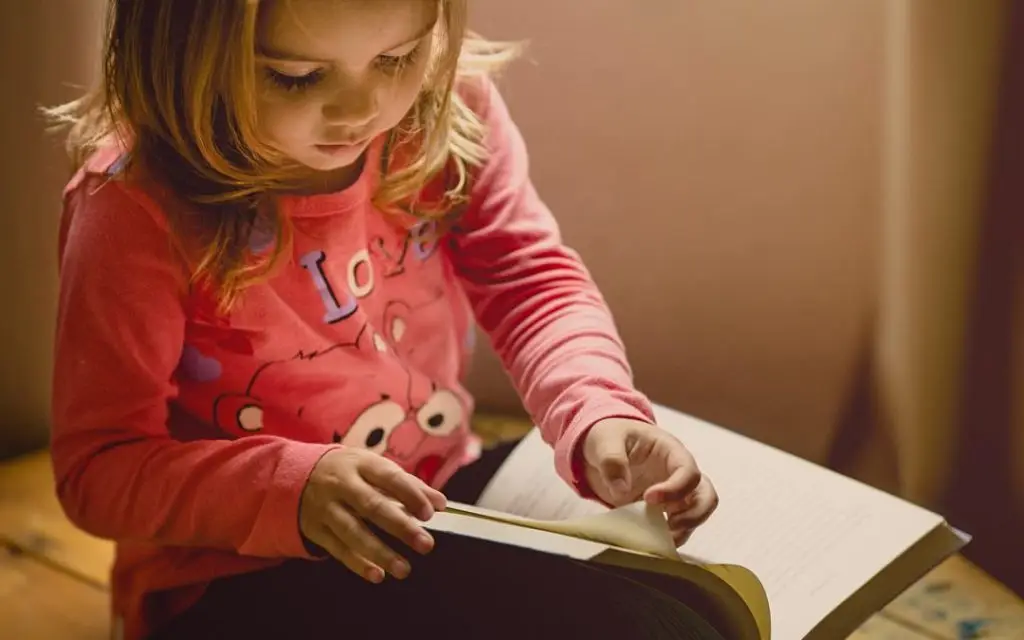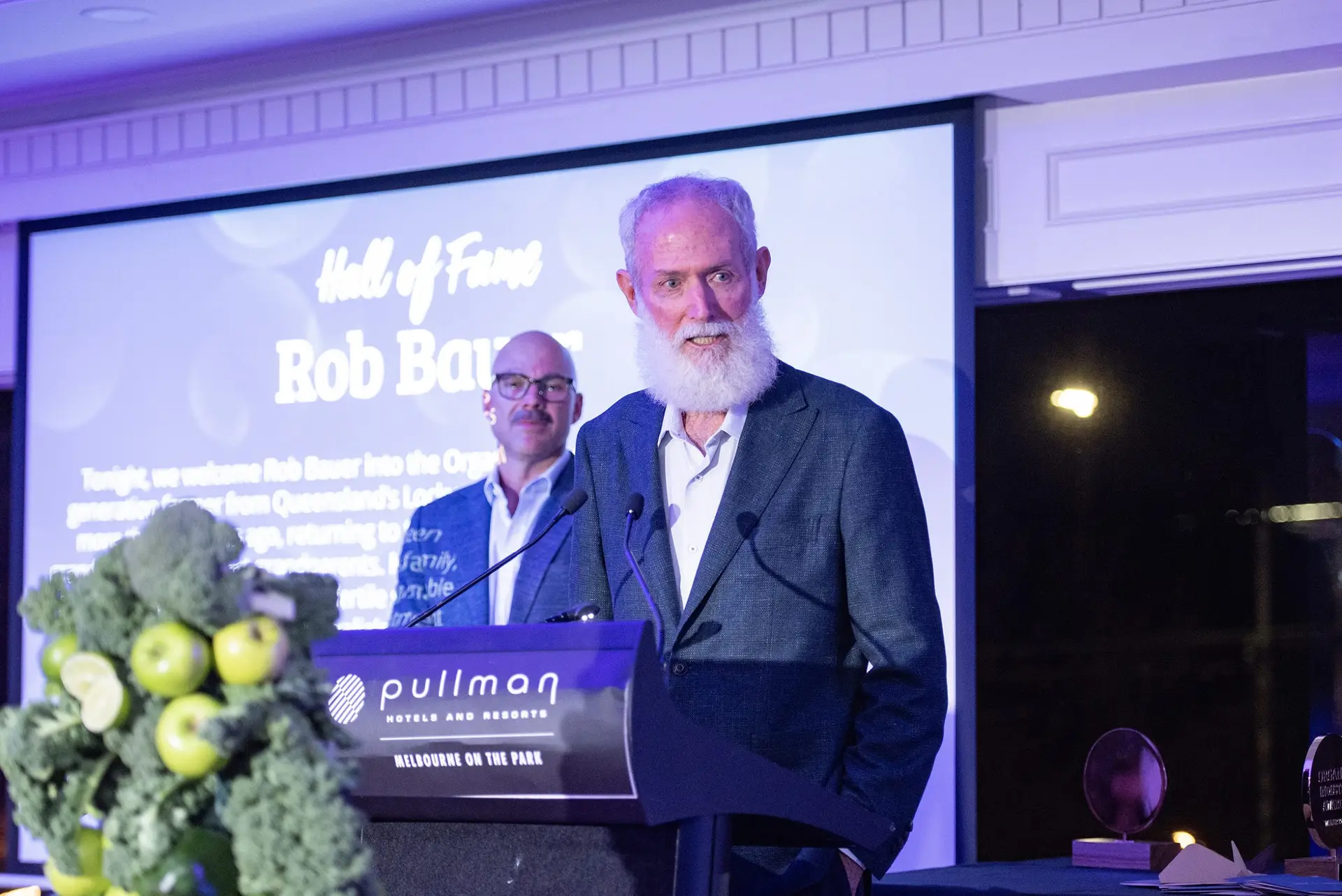With a large amount of uncertainty, anxiety and negativity going around at the moment, just how do you talk about Coronavirus with your children?
We’ve put together a short guide below to help you strike up the discussion with your kids, with some personal tips from parents here at Australian Organic.
Remember, the language you use will depend entirely on your child’s age and their ability to understand and interpret the language you use in a meaningful way.
Open the discussion
You may want to start by understanding just how much your children know about the current situation. Ask them about what they think is happening, how serious they think the situation is and try to assess how they’re feeling about it all. Once you begin to understand this, you can decide how to open your discussion and what language to use.
If you child doesn’t know much about the situation, you may want to begin by describing what’s happening briefly, in a calm manner. You don’t want to overwhelm them with information. If they already know a lot about what’s happening, you may want to understand where they have been getting their information from, and how they feel about what they understand.
Language & tone
Try to use positive, reassuring language and deliver your message in a calm manner. With all of the negativity currently in the media and online, try to deliver a positive message and make it clear that you are available to talk and are here to support them. Children will need extra attention and assurance during this time.
To make it easier to understand, try using some analogies and examples. For younger children, you may find some examples from their favourite cartoon characters or TV programs. For teens, remember that their emotions may already be running high, so try not to make them feel overwhelmed and make them understand that although the situation is extraordinary, it is also manageable.
Although your choice of language is important, it’s not just about the words that you use. Your child will interpret the seriousness of the conversation and the impact on themselves according to how the message is delivered.
For example, a serious message can be delivered in a frantic panic, with lots of negative vibrations and that will tell the child that the person they depend on is scared, so therefore they should also be scared.
The same serious message can be delivered in a factual way with reassurance and positive tones, so that the child can see that the situation is serious but the person they are depending on seems under control – so they will take the message more calmly.
No matter the age, if the leader is panicking, the followers will panic. The delivery has to be considered and delivered in a way that doesn’t express panic.
Be open & honest
It may be tempting to bend the truth to make things seem a little better than they are, but it is actually more beneficial to be open, honest and keep factual. Try not to make promises you can’t keep, and create a safe space where they can talk openly. Encourage your child to have an open dialogue with you, so you can keep track on how they’re feeling.
You can always try to make some fun out of the situation. For example, singing a song to ensure hands are washed for at least 20 seconds, downloading posters to hang up around the house to remind them of proper hygiene procedures and praising children when they cough or sneeze into a tissue or their elbow and remember to wash their hands.
Limit media
Helping children to understand the difference between fact and ‘the story’ is sometimes hard but may be necessary to prevent unwanted panic. It’s easy to get caught up in the sensationalism of the news both on TV and online especially those stories that are just trying to sell ‘clicks’. Understanding how to separate the two and finding the facts can also help with keeping them grounded.
Younger children may have a lot of questions about what they see on TV or online, or even what they hear in household conversations. Try to answer questions open and honestly whilst trying to remain positive. Reassuring your children as often as possible will help them to remain calm and feel safe.
Talking positively about the future
It’s important to assure kids that there is an end to this and a positive one at that. Talk about what they’d like to do once things get back to normal – where they’d like to go, people they’d like to see first etc. Give them something to look forward to, but don’t make any promises when it comes to timeframes. Just let them know that there is light at the end of the tunnel.
South Australia Health have developed an excellent resource to help talk to children about the Coronavirus. Download the booklet for free here.





